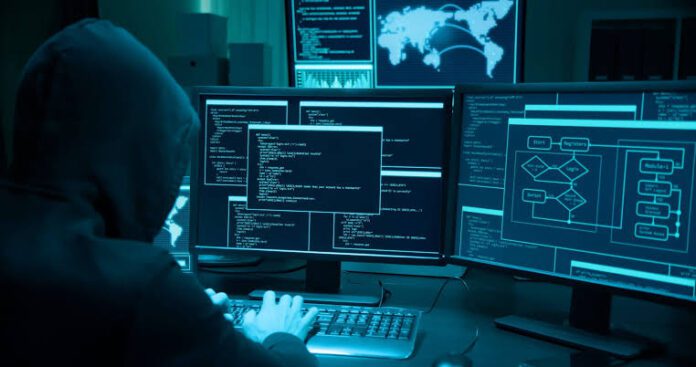Cybersecurity experts have asked the government to build capacity of citizens to overcome cyber threats that have become rampant recently, leading to financial loss and invasion of privacy to the victims.
The Milima Cyber Academy founder, Emmanuel Chagara, said that the government needs to support organizations that are freely training citizens from different backgrounds on cybersecurity.
This was during a stakeholders meeting at the Royal Suites hotel in Bugolobi on November 29, 2024.
“The government is already playing a big role in supporting such initiatives, but we need more support and its commitment to enable us to build more capacity of Ugandans on how to keep safe and be aware of the different security threats,” he said.
He, however, warned all Ugandans to be aware of different threats and learn how to mitigate some of the common cyber threats.
“Cybersecurity simply means practices and technologies designed to protect computers, networks, and data from unauthorized access, damage, and theft,“ he said, adding that it doesn’t need only “tech gurus” to understand but everyone should be concerned and conscious about their cybersecurity.
Chagara further noted that 85% of registered cyber threats are due to human error and only 15% are from system-designed threats.
According to cybersecurity consultant Jerome Okot, the government plays an important role in enhancing cybersecurity through supporting capacity building of its citizens and others.
“The government plays a critical role in enhancing cybersecurity by creating and enforcing laws and policies that protect individuals, businesses, and national infrastructure from cyber threats,” he said.
He acknowledged the government efforts in investing in advanced technology, promoting awareness campaigns, and collaborating with private sectors to strengthen defenses.
“Governments also establish cybersecurity frameworks, provide resources for capacity building, and coordinate responses to cyberattacks to ensure a secure digital environment for all,” Okot said.
A consulting director at Ernest and Young, Bizure Hercules, said that cybersecurity is not only important to individuals but also to organizations, businesses, and any establishment.
“Cybersecurity helps in protecting the organization’s assets; data protection and consumer trust are key, and cybersecurity professionals have a role to play in data protection and privacy,“ Bizure said.
Shamim Nyamata, a student at Mbarara University of Science and Technology, said that cybersecurity is as simple as knowing to have a strong lock on one’s phone and a strong pin or passwords for bank accounts or mobile money that can’t be easily connected to one’s age or year of birth.
Samuel Opio, a cybersecurity student at Nkumba University, noted that cybersecurity starts with being conscious with downloading items from untrusted sources, stopping clicking on other links from unknown websites, and not just accepting any cookies from any website.
Read Also: Interpol Arrests over 1000 Cybercrime Suspects in Major Continental Operation
Recently there was an attack on Bank of Uganda, where over UGX 60 billion was stolen by hackers, which many cyber experts say could have resulted from human error, and it could have been prevented had there been strong cybersecurity mechanisms.
Being conscious of cybersecurity is essential in today’s digital age to protect personal and sensitive information from cyber threats such as hacking, identity theft, and phishing scams.
With the increasing reliance on online platforms for communication, banking, and work, individuals face greater risks of data breaches that can lead to financial loss, reputational damage, and emotional stress.
By adopting simple practices like using strong passwords, enabling two-factor authentication, and avoiding suspicious links, people can safeguard their digital presence and contribute to a safer online environment, and all of us, no matter what we do, are responsible for our own cybersecurity.















